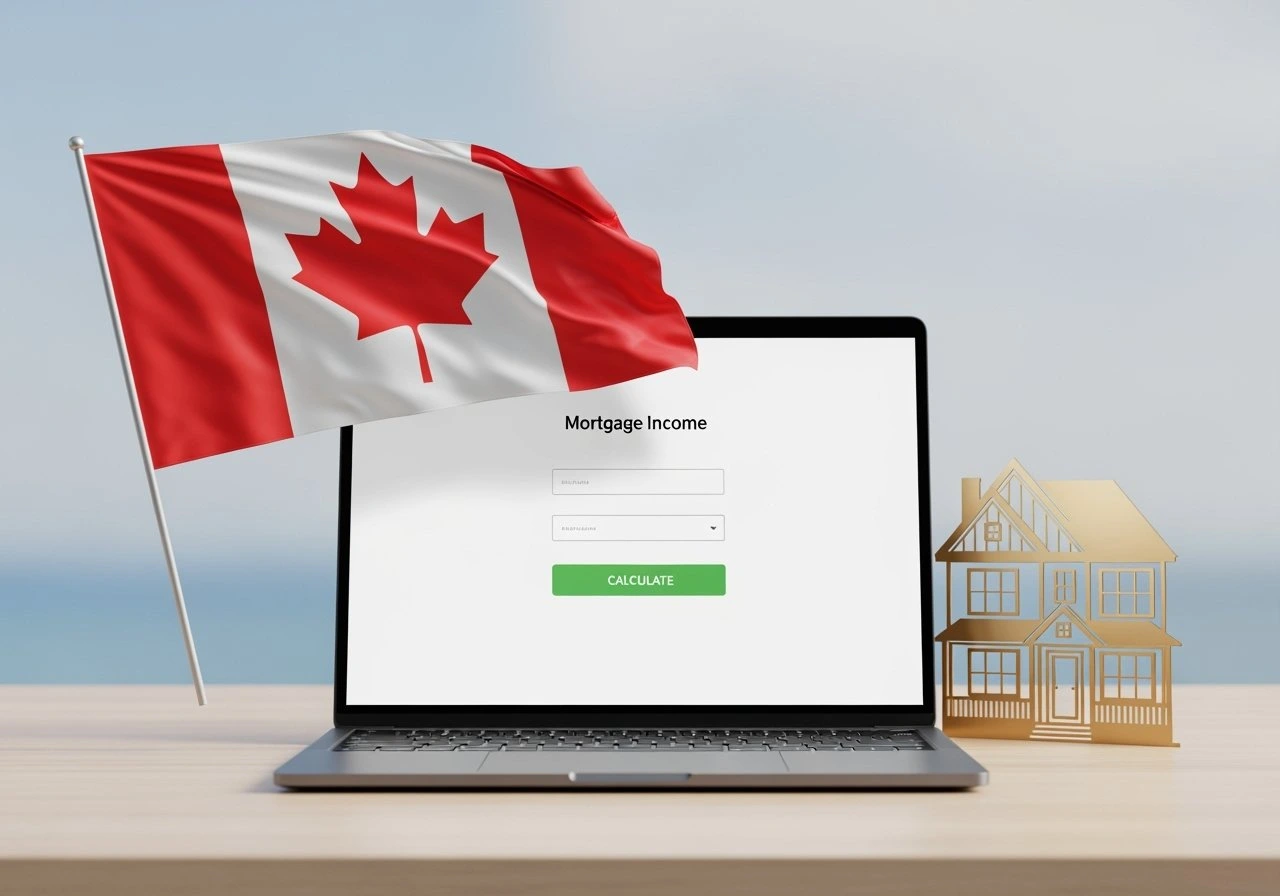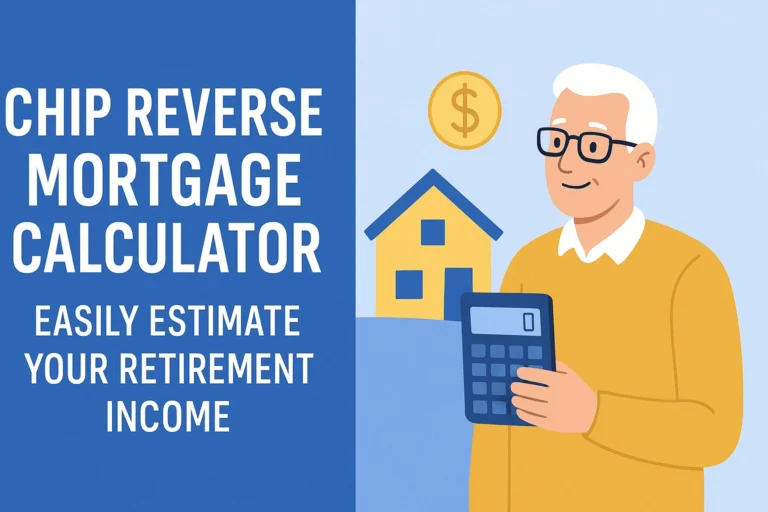Are you a foreign buyer or real estate investor looking to secure a mortgage in Canada? If so, you might be wondering if you can leverage rental income to qualify. The answer is crucial for those seeking to invest in Canadian real estate.
Canadian lenders have specific criteria for calculating rental income when considering mortgage applications. Understanding these requirements is key to a successful application. This article will guide you through the process, covering how lenders assess rental income and the necessary documents for qualification.
Key Takeaways
- Understanding how Canadian lenders calculate rental income for mortgage qualification.
- The necessary documents required for mortgage qualification using rental income.
- Considerations for foreign buyers and real estate investors applying for mortgages.
- How rental income affects debt service ratios and borrowing capacity.
- Best practices for presenting rental income to lenders.
Understanding Rental Income for Mortgage Qualification in Canada
In Canada, lenders consider various factors when approving mortgage applications, and rental income is a crucial component for many investors. Rental income can significantly impact mortgage eligibility, especially for real estate investors who rely on rental properties as a primary source of income.
Why Lenders Consider Rental Income
Lenders view rental income as a stable source of revenue that can help borrowers meet their mortgage obligations. By considering rental income, lenders can assess a borrower's ability to service their debt and determine their overall creditworthiness. This is particularly important for self-employed individuals or real estate investors who may not have a traditional employment income.
The Basics of Debt Service Ratios
Debt service ratios are a critical component in determining mortgage eligibility. Lenders calculate the gross debt service (GDS) ratio and the total debt service (TDS) ratio to assess a borrower's ability to manage their debt obligations. The GDS ratio considers housing costs, while the TDS ratio takes into account all debt obligations. By evaluating these ratios, lenders can determine whether a borrower's rental income is sufficient to cover their mortgage payments and other debt obligations.
How Canadian Lenders Calculate Rental Income to Qualify for Mortgage

Canadian lenders use a specific method to calculate rental income for mortgage qualification, which can significantly impact your borrowing power. This calculation is crucial because it directly affects how much you can borrow to purchase or refinance a property.
The 50-80% Calculation Method
Most Canadian lenders use a calculation method where they consider a percentage of the rental income, typically between 50% to 80%, to determine the qualifying income. This percentage is then used to offset your mortgage payments, thereby increasing your borrowing capacity. For instance, if your rental property generates $2,000 monthly, a lender might consider 50% to 80% of this amount, i.e., $1,000 to $1,600, as qualifying income.
Variations Between Different Lenders
It's essential to note that different lenders may have varying policies regarding the percentage of rental income they consider. Some might be more conservative, using a lower percentage, while others might be more flexible, using a higher percentage. This variation can impact your mortgage eligibility.
Impact on Your Borrowing Power
The calculation of rental income directly influences your debt service ratios, which are critical in determining how much you can borrow. A higher considered rental income can lead to a higher mortgage amount, making it easier to qualify for the loan you need.
Understanding these nuances can help you navigate the mortgage application process more effectively and make informed decisions about your property investments.
Documentation Required to Use Rental Income
When applying for a mortgage in Canada, lenders often require specific documentation to verify rental income. This documentation is crucial for determining the borrower's financial reliability.
Lease Agreements and Proof of Payment
Lenders typically require a copy of the lease agreement to confirm the rental income amount and the lease duration. Additionally, proof of payment, such as bank statements or rental income statements, is necessary to verify that the rental income is being received as stated in the lease agreement.
Property Appraisals
A property appraisal may be required to determine the value of the rental property. This helps lenders assess the property's potential for generating rental income and its overall value as collateral.
Tax Returns and Financial Statements
Lenders often request tax returns and financial statements to verify the borrower's overall financial situation and rental income. This documentation provides a comprehensive view of the borrower's income and expenses related to the rental property.
| Document | Purpose |
|---|---|
| Lease Agreements | Confirm rental income amount and lease duration |
| Proof of Payment | Verify receipt of rental income |
| Property Appraisals | Determine property value |
| Tax Returns and Financial Statements | Verify overall financial situation and rental income |
Special Rules for Non-Residents and Foreign Nationals
For foreign investors, navigating the Canadian mortgage landscape requires understanding special rules that apply to non-residents. These rules are crucial for those looking to leverage rental income to qualify for a mortgage.
Eligibility Criteria for Foreign Investors
Foreign investors must meet specific eligibility criteria to qualify for a mortgage using rental income. Lenders typically require a verifiable credit history, a substantial down payment, and a stable income source. The property in question must also be income-generating, with the rental income being a significant factor in the mortgage approval process.
Lenders may also consider the type of property, its location, and the overall risk associated with lending to a non-resident or foreign national. Understanding these criteria is essential for a successful mortgage application.
Additional Documentation Requirements
Non-residents and foreign nationals are required to provide additional documentation when applying for a mortgage. This includes but is not limited to:
- Proof of income from rental properties
- Property appraisals
- Tax returns and financial statements
- Identification documents
Having all necessary documents ready can streamline the mortgage application process.
Potential Restrictions and Limitations
There are potential restrictions and limitations that non-residents and foreign nationals should be aware of. For instance, some lenders may impose stricter debt service ratios or require a larger down payment. Interest rates may also vary for non-resident mortgages.
Understanding these potential restrictions is crucial for making informed decisions about rental property financing options in Canada.
Practical Example: Converting Rental Income to Mortgage Qualification
To illustrate the impact of rental income on mortgage qualification, let's consider a practical example. Suppose you have a monthly rental income of $3,000 from a property in Canada.
Sample Calculation with $3,000 Monthly Rental Income
Typically, lenders use a percentage of the rental income to calculate your mortgage qualification. For instance, they might use 75% of your $3,000 monthly rental income, which equals $2,250.
How This Affects Your Maximum Mortgage Amount
The calculated rental income of $2,250 is then used to determine your debt service ratio, a critical factor in mortgage qualification. By effectively utilizing rental income, you can enhance your borrowing capacity. This means that with a $3,000 monthly rental income, your maximum mortgage amount could be substantially higher than without considering rental income.
For example, if your debt service ratio is 40%, the additional $2,250 can allow for a larger mortgage, potentially increasing your maximum mortgage amount by $250,000 or more, depending on the interest rates and loan terms.
Short-Term Rentals and Mortgage Qualification
Short-term rentals, such as those listed on platforms like Airbnb, present a unique challenge for mortgage qualification. Unlike traditional long-term rentals, short-term rentals can have fluctuating income streams, making it harder for lenders to assess their stability.
Why Traditional Lenders Rarely Accept Airbnb Income
Traditional lenders are cautious about accepting income from short-term rentals due to its unpredictable nature. The income can vary significantly from month to month, and there's a risk that the property might not be rented out at all times.
Alternative Financing Options for Short-Term Rental Properties
For those struggling to secure a mortgage through traditional lenders, alternative financing options are available. These might include private lenders or specialized mortgage products designed for short-term rental properties. It's essential to explore these options carefully and consider seeking advice from a mortgage professional.
Using Our Foreign National Mortgage Calculator
Our Foreign National Mortgage Calculator is a helpful tool for simulating different rental income scenarios, helping you understand how rental income impacts your mortgage qualification in Canada.
How to Simulate Different Rental Income Scenarios
To use the calculator, simply input your monthly rental income, and the calculator will provide you with a detailed breakdown of how this income can be used to qualify for a mortgage. You can adjust the figures to see how different rental income scenarios affect your mortgage eligibility.
Interpreting Your Results
The results from the calculator will give you a clear picture of your borrowing power. Understanding your mortgage eligibility is crucial for making informed investment decisions.
Making Informed Investment Decisions
By using our Foreign National Mortgage Calculator, you can strategically plan your investments and understand how rental income contributes to your mortgage qualification. Try our mortgage calculator to simulate different scenarios and make informed decisions about your rental property financing.
Conclusion: Getting Approved with Rental Income
Using rental income to qualify for a mortgage in Canada can be a viable option for investors and property owners. By understanding how lenders calculate rental income and the required documentation, you can improve your chances of approval.
Canadian lenders consider rental income when evaluating mortgage applications, but the calculation methods may vary. It's essential to explore different financing options to find the best fit for your situation.
Whether you're a seasoned investor or a foreign national looking to invest in Canadian real estate, working with experienced mortgage professionals can make a significant difference. They can guide you through the process and help you navigate the complexities of mortgage qualification.
Consider requesting a personalized assessment — even with limited Canadian credit history — to understand how rental income may support your mortgage application.
Frequently Asked Questions
Can I use rental income from a property in Canada to qualify for a mortgage?
Yes, Canadian lenders consider rental income when qualifying for a mortgage, but the calculation methods and required documentation may vary.
How do Canadian lenders calculate rental income for mortgage qualification?
Lenders typically use the 50-80% calculation method, where 50-80% of the gross rental income is considered when calculating debt service ratios.
What documents are required to use rental income to qualify for a mortgage in Canada?
You'll need to provide lease agreements, proof of payment, property appraisals, tax returns, and financial statements to support your rental income.
Can non-residents and foreign nationals use rental income to qualify for a mortgage in Canada?
Yes, but there are additional eligibility criteria, documentation requirements, and potential restrictions that apply to non-residents and foreign nationals.
How does rental income affect my borrowing power for a mortgage in Canada?
Rental income can increase your borrowing power, as it is considered when calculating your debt service ratios and mortgage eligibility.
Can I use short-term rental income, such as Airbnb, to qualify for a mortgage in Canada?
Traditional lenders rarely accept short-term rental income, but alternative financing options are available for short-term rental properties.
How can I simulate different rental income scenarios to determine my mortgage eligibility?
You can use a Foreign National Mortgage Calculator to simulate different rental income scenarios and determine your mortgage eligibility.
What are the mortgage qualification requirements for rental properties in Canada?
Mortgage qualification requirements for rental properties in Canada include meeting debt service ratios, providing required documentation, and meeting lender-specific criteria.
Can I get pre-approved for a mortgage using rental income, even with no Canadian credit history?
Some lenders offer assessment options for foreign buyers and investors with limited Canadian credit history, using rental income to evaluate mortgage eligibility.
Disclaimer: The estimates provided by our tools are for informational purposes only and should not be considered financial, legal, or tax advice. Mortgage rules, interest rates, and eligibility criteria vary by lender and can change without notice. Always consult a licensed mortgage professional or financial advisor before making any decisions.





